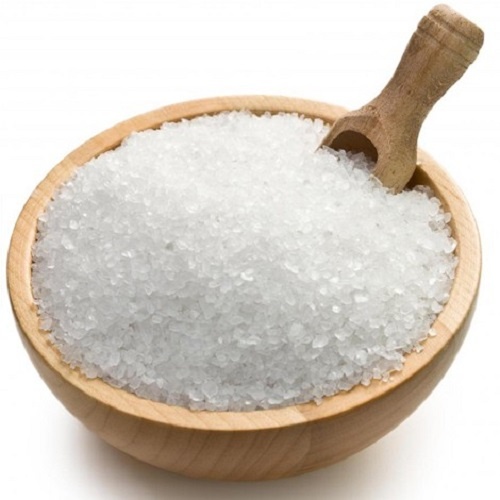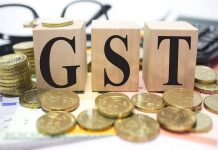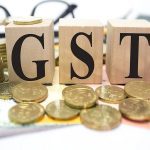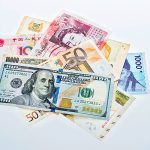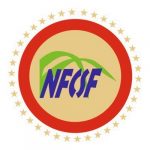Bangkok: Following the weekly Cabinet meeting on Tuesday, Thailand’s Prime Minister Srettha Thavisin addressed the press, stating that the Cabinet has given its nod to the Commerce Ministry’s proposal to include sugar among the controlled goods under the 1999 Prices of Goods and Services Act.
The PM said the Cabinet resolution will go into effect once it is published in the Royal Gazette, which should be on Wednesday.
As per media reports, the Commerce Ministry sought the Cabinet’s approval after the Central Committee on the Prices of Goods and Services, chaired by Commerce Minister Phumtham Wechayachai, agreed to regulate sugar prices to mitigate the impact on consumers.
This move was prompted by the Cane and Sugar Board’s announcement on Friday, permitting a 4 baht per kilogram increase in ex-factory sugar prices. In response to this announcement, sugar vanished from store shelves as retailers sought to sell the product at higher prices.
As per the directives issued by the Commerce Ministry and the central committee on prices, the ex-factory prices for both granulated sugar and refined sugar will be maintained at 19 baht and 20 baht per kilogram, respectively. Similarly, the retail prices will remain unaltered at 24 baht and 25 baht per kilogram, respectively.
Commerce Minister Phumtham said that it was important to ease the burden on the general public. He emphasized the widespread use of sugar in various consumer products, including canned foods, beverages, and desserts, and noted that any price increase would have an impact on the public.
Phumtham added that from now on, the price of sugar will be controlled by the central prices committee and the announcement of the sugar board would no longer be effective.
In addition to maintaining sugar prices, the central prices committee will also manage the export of the commodity. Entities wishing to export more than one ton of sugar will need approval from subcommittee of the central prices committee.
Phumtham assured that this move to reject the sugar board’s decision would not adversely affect sugarcane farmers, as they would continue to receive government subsidies.

